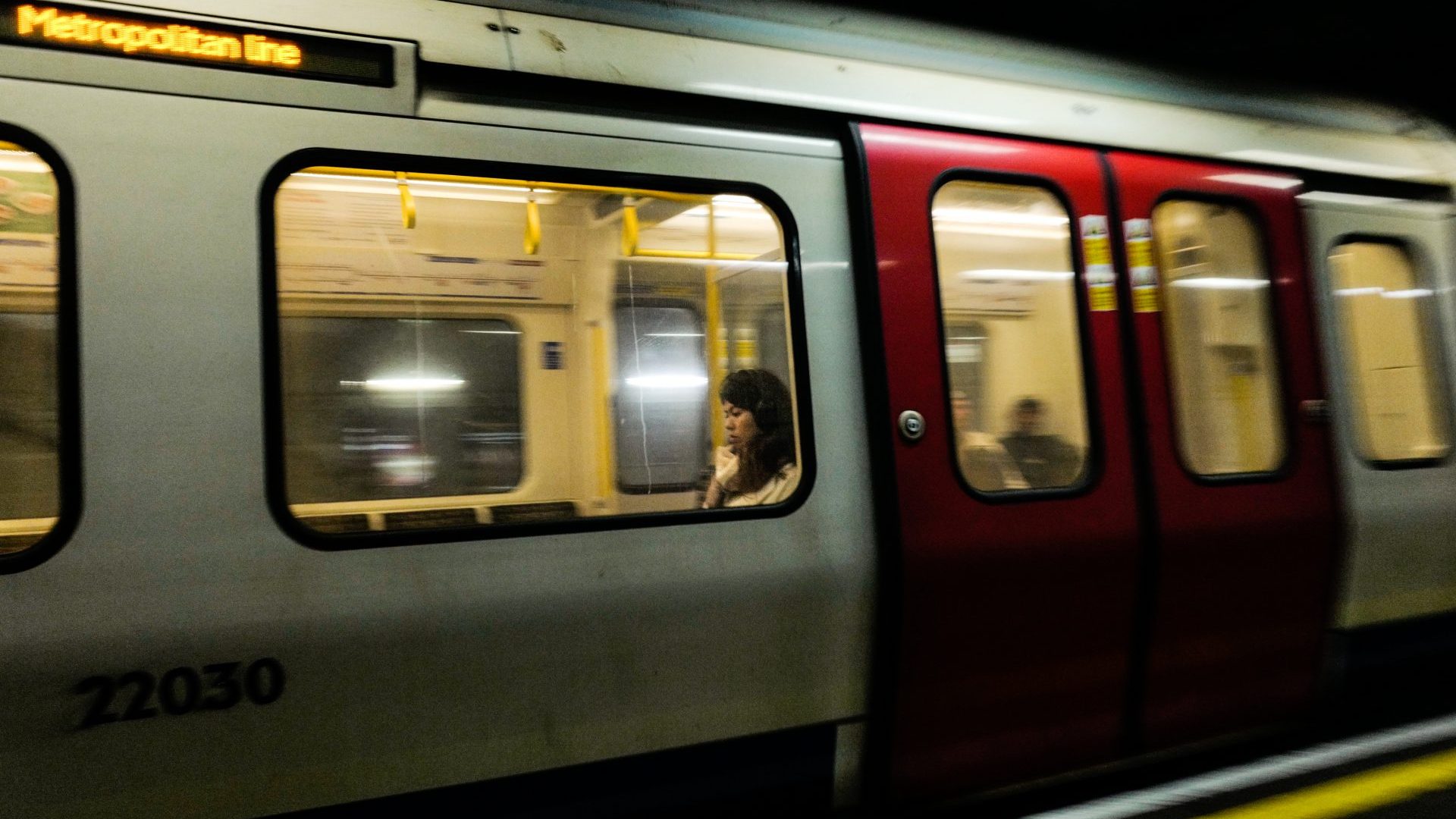In his 1903 book The People of the Abyss, Jack London wrote of his Whitechapel lodgings: “From an East London standpoint, the room I rented for six shillings, or a dollar and a half, per week, was a most comfortable affair. From the American standpoint, on the other hand, it was rudely furnished, uncomfortable, and small.”
Substitute “shillings” for “hundred pounds,” and “American” for “anywhere else in Britain” and he might as well have been writing about the room I cheerfully rented in Whitechapel 109 years later. While Brits in the suburbs luxuriated in spacious living rooms, I caught snippets of the London Olympics hunched over my laptop, trying to ignore the ominous thuds coming from my housemate next door. He may have been exercising or he might have been 2012’s answer to Jack the Ripper. I never discovered which because of course, we never exchanged a word.
The financial and emotional discomfort those of us who love London are prepared to endure might explain why we feel criticisms of it so keenly. It’s fine for us to speak ill of it, but when anyone else does it stings like a jibe at our family.
Take the current wave of right wing grumbling over the capital. Writer Charlotte Gill tweeted: “I’ve never had such dread about Britain. Coming back to London and knowing how unpleasant it’ll be. The demographic changes and feeling that [Union Jack emoji] is most against Brits.” Conservative commentator Dan Wootton retweeted, sighing: “Sadly you are completely correct. We need a revolution.” One of the grimmer replies said the quiet(ish) part out loud, adding: “London is fast losing its soul. It’s 35% white. I’d hate to imagine what % of that is even English.”
It’s always ironic when Brexiteers bemoan how unwelcoming London is while expressing a desire to kick people out in the same breath. What I find odder, though, is the implication that there once existed some “past” London that was a warmer, friendly, and presumably, whiter, utopia.
I was born in London, and I’ve lived here for coming up on two decades. It’s always been diverse, so diverse that I’m forever suspicious when anyone attempts to characterise it in sweeping terms.
Yes, it’s all exponentially more expensive to live in than it used to be, but the city feels as gloriously inconsistent as ever. The goths who hang out on Camden Lock Bridge bear no resemblance to the glossy-haired, taught-skinned denizens of the King’s Road, or the vendors at Rye Lane Market, or those nihilists who drag their kids in trailers attached to their bikes in Victoria Park.
Taking unnecessary diversions through the estates at night is inadvisable, but that’s true of any metropolis. London’s rates of antisocial behaviour are relatively low — 26.4% of people said they’d witnessed or experienced antisocial behaviour in London in the year to September 2023, versus 34.2% across England and Wales.
The frequency of stabbings is a bit higher than in other parts of the country, but it’s not the worst. Having lived on multiple estates where teenagers carried knives — and having come across more than one stabbing-related crime scene — the sad truth is that not everyone is affected equally. The teenagers who carry knives are at a far greater risk of being stabbed than the Twitterati, and the fact that they’re doing so is a reflection of poverty and austerity.
Between 2010 and 2022 I lived in 15 different places in London. I sampled every nook of it, from Seven Sisters to Kennington to Ladbroke Grove to Roman Road. Every place had a unique personality, but the one constant was that the more I invested in an area, the more it embraced me in return. The friendliness of my neighbours had nothing to do with their demographic (or, bluntly, their ethnicity), and everything to do with how pleasant I was towards them.
As it happens, Whitechapel was one of the hardest nuts to crack. I never really found my feet there. With the benefit of more than a decade’s hindsight, that was less about Whitechapel itself than my mood at the time. These days, when I make a pilgrimage to the big Sainsbury’s, I’m comforted by how little the area’s changed. And it’s certainly cosier than it was 60-odd years ago, when Ronnie Kray blew George Cornell’s brains out in the Blind Beggar.
Some parts of London are undeniably tough to live in. But as Jack London could testify, not to mention Charles Dickens before him, and George Orwell a few decades later, the culprit is always money — or rather, the lack of it. People from all over the world have been coming and going ever since the Romans pitched up along the Thames in the first century. If you’re suddenly finding it unfriendly, perhaps the blame lies closer to home.










